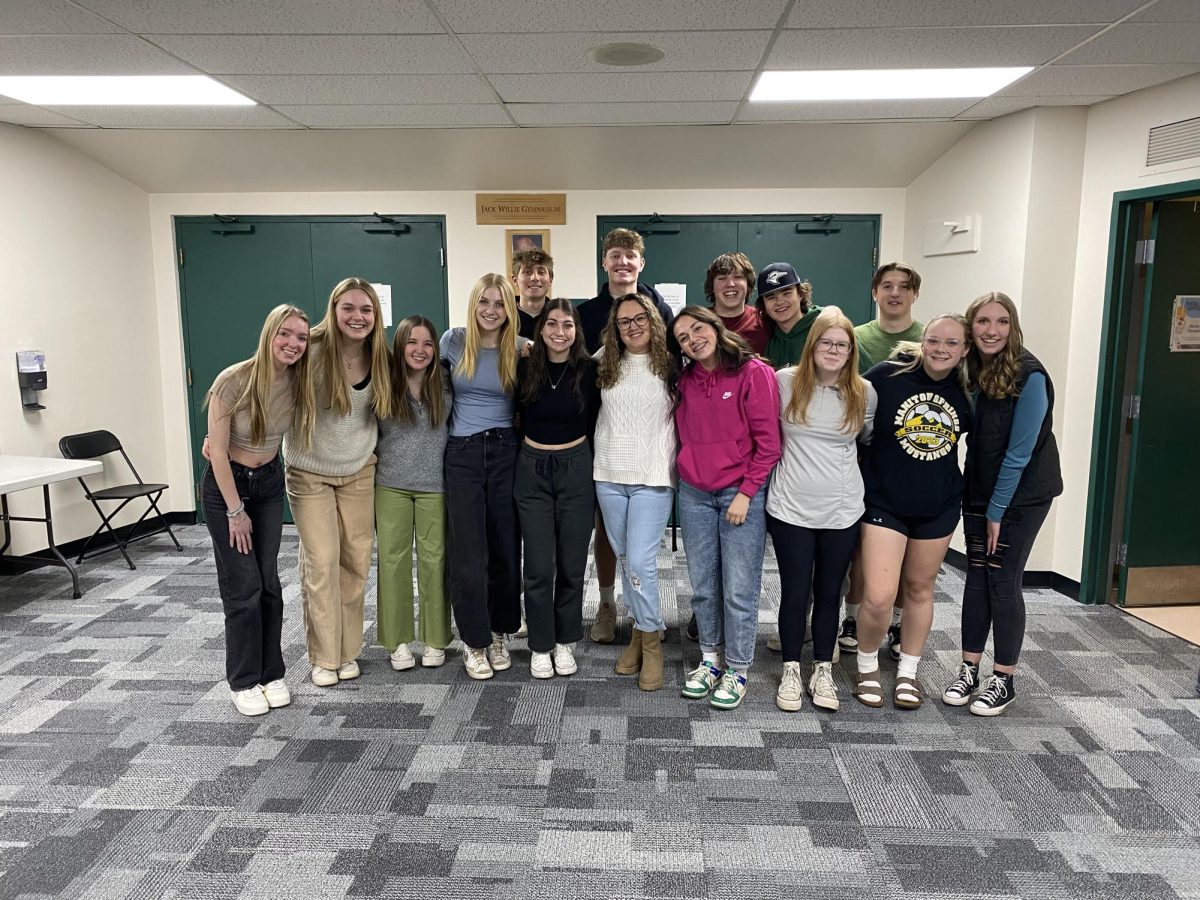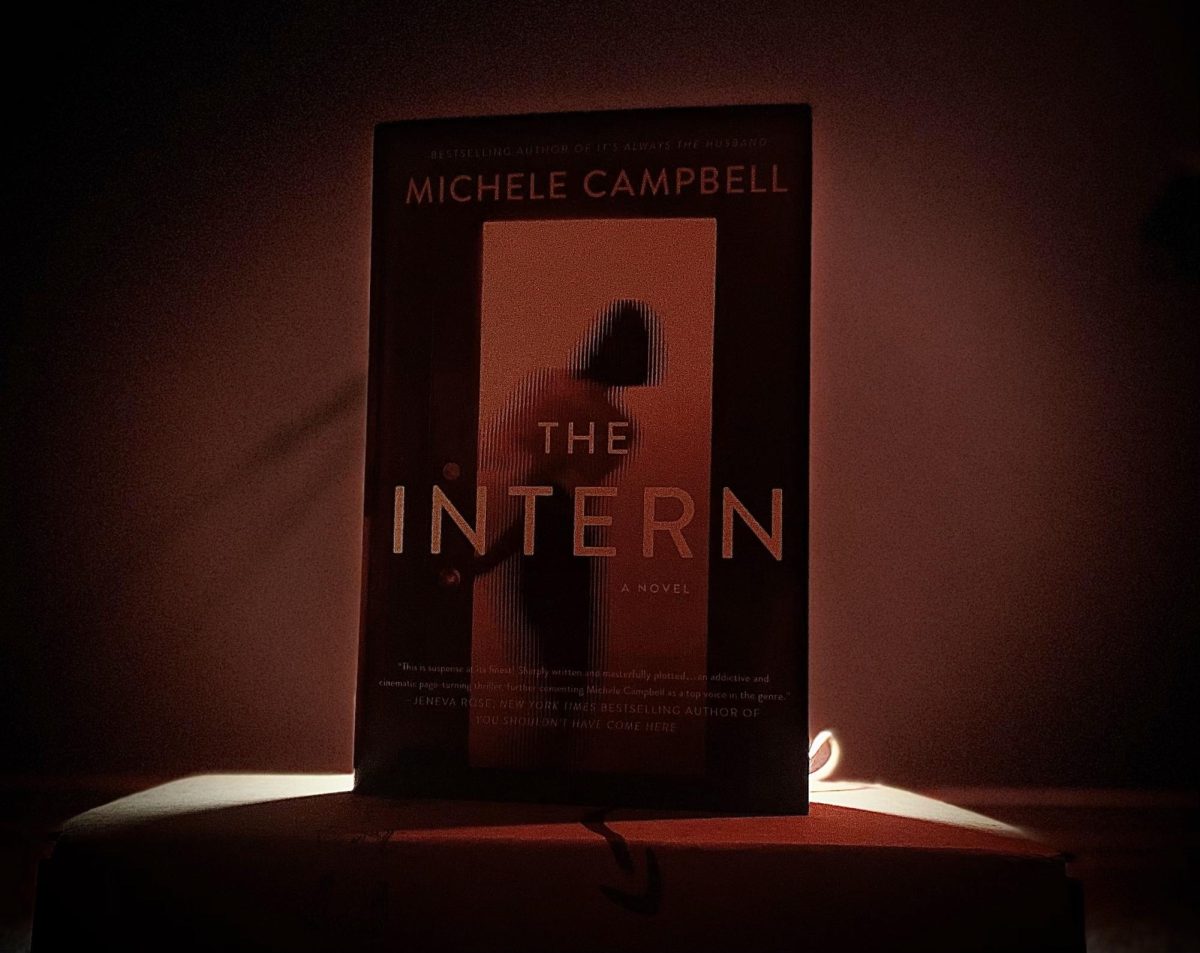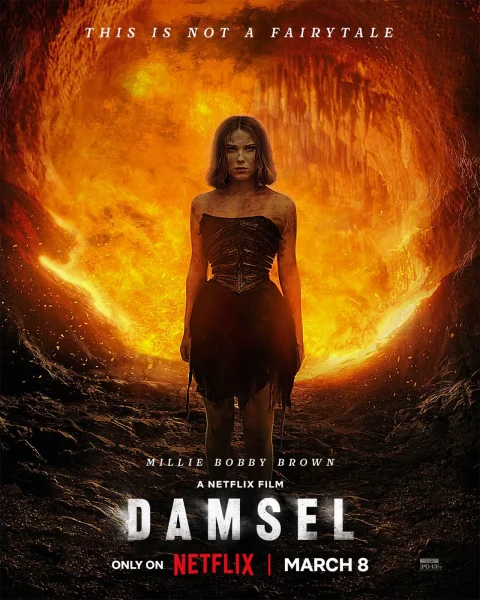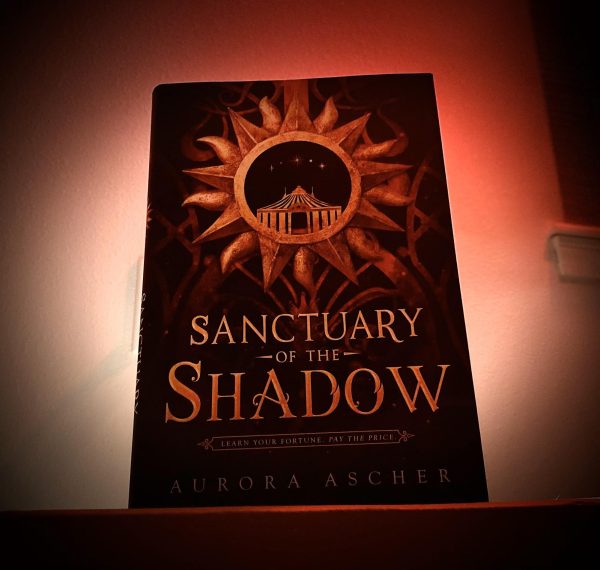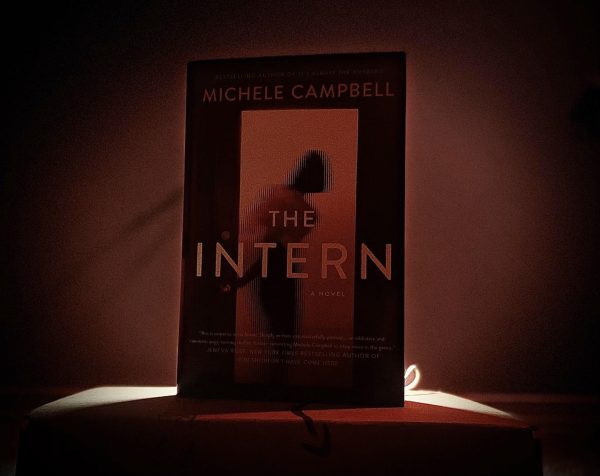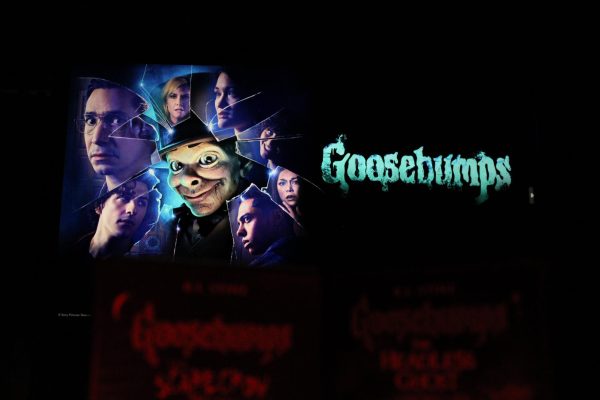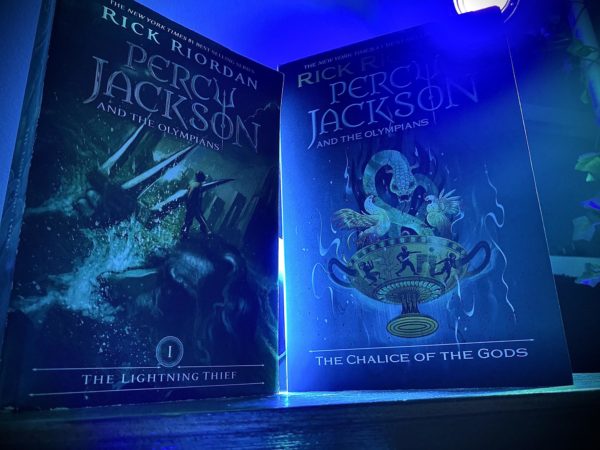Review: Watsky’s “x Infinity” brings Criticism, Satire and a Theoretical Robot Clown Apocalypse
October 11, 2016
George Watsky’s fourth studio album, “x Infinity,” came out on Aug. 19, 2016. Before coming into the rap scene, Watsky was an award-winning slam poet, and that has always been reflected in his music. He paired the release of this spoken-word masterpiece with the release of his only book, “How to Ruin Everything: Essays.” In this album, Watsky continued to criticize the human condition, conservative ideals, and sexuality discussions in a way that was somehow both comical and intriguing. Since coming into the music industry in 2009, his music has always qualified his opinions, highlighted his lifestyle and illustrated hilarious stories.
“x Infinity” starts off with Watsky’s last installment to the three part song “Tiny Glowing Screens,” an emotional piece chastising and denouncing the modern uses/misuses of technology as well as lacks of authenticity in music and business industries. Each piece of this song adds more and more discussion, building off of an original focus on technology. The album continues with songs covering topics such as the difficulty of life, the imminence of death, the presence of drugs in his own experiences, and more very personal things. He addresses his history with pharmaceuticals impacting his attitude and his efforts in moving past prescription drugs in the song, “Chemical Angel.” Songs like “Springtime in New York” and “Pink Lemonade” counter the majorly serious nature of most of the album with messages of walks of shame and silly interactions. To close the album, a majorly collective piece is tacked onto the end. Entitled “Exquisite Corpse,” this song has seven collaborators and it portrayed an apocalyptic society that was brought into existence both artfully and comically. As a whole, this album really draws attention to all of Watsky’s best musical qualities.


